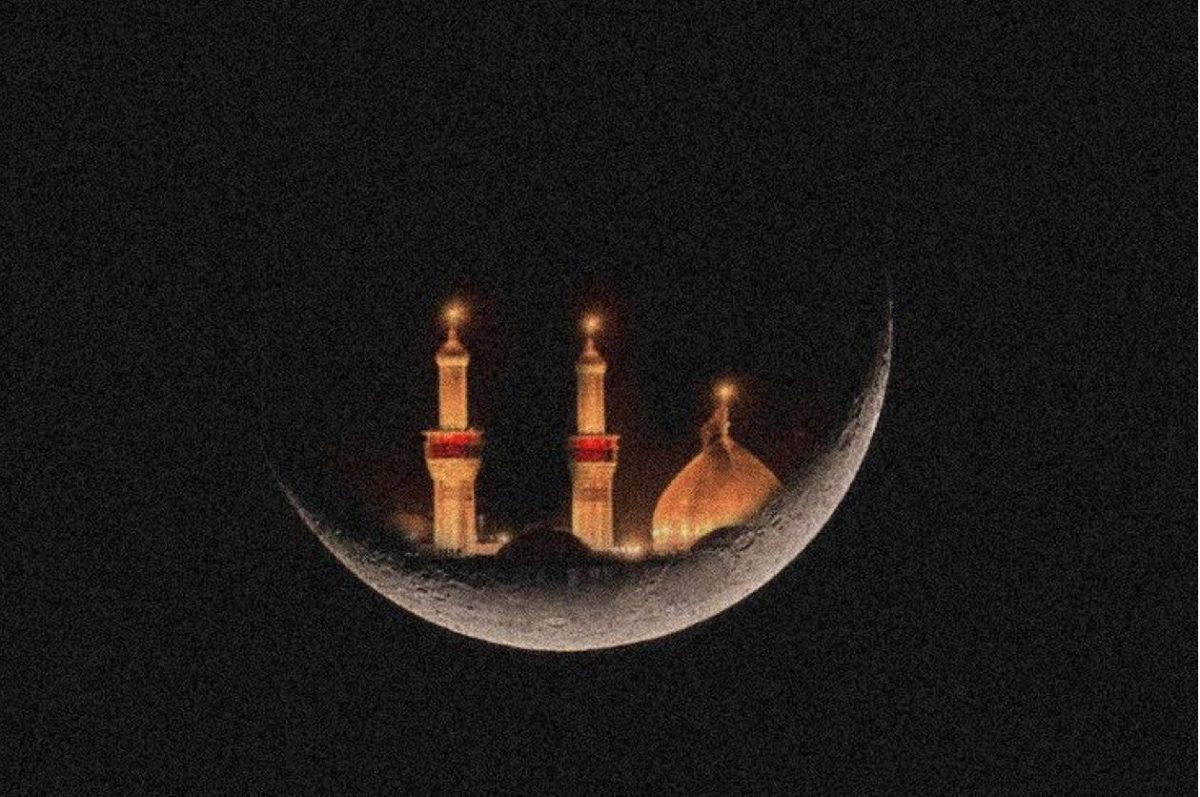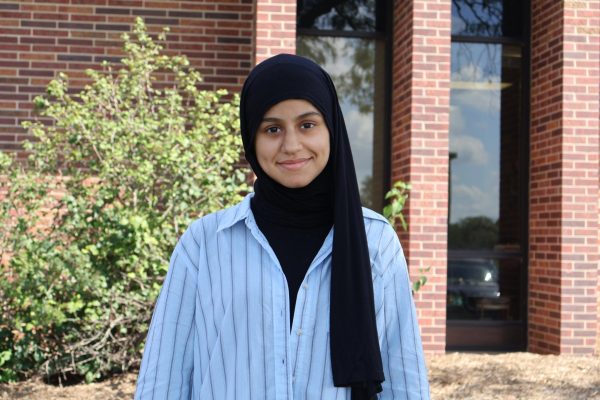♪ It’s the most wonderful time of the year! ♪ While Christmas may be the first holiday that song brings to mind, Ramadan is the most wonderful and important time of year for Muslims. Lasting 30 days, Ramadan is a month not only of fasting, but of reflection, simplicity, patience, discipline, and most importantly, growth.
Numerous questions regarding Ramadan are often derived from a base of misinformation or lack of knowledge. This misinformation includes details of the month, such as the idea of fasting for thirty days straight without even being able to drink water, or the idea that Ramadan revolves entirely around fasting from food/water and nothing else.
Although both of those details are correct, they’re only small segments that leave out a bigger, more precise picture. During Ramadan, Muslims begin their fast from dawn and end it, usually with a date (not that kind of date), at dusk. The Holy Qur’an teaches Muslims to fast for many reasons: to learn self-discipline, to feel for those who don’t have the blessing of food/drink in their day to day lives, to test the patience of individuals, and to establish a sense of equality among Muslims with the rich, poor, black, white, Asian, Arab, Indian, and everyone who believes Allah is their God, going through the same struggle together.
Hence, fasting isn’t just about not consuming food or drinks. In the holy month of Ramadan, you’re fasting from any harmful act that can destroy you morally or religiously.
“When you teach yourself to take the first step of self-discipline or self-restraint in just a simple thing like food, it’s a base and strategy for future instances when you have to refrain yourself from committing sinful acts, or simply even harmful acts such as wasting time staying up late on a device.” Adnan Aljabiry, founder of Nebraska Islamic Foundation, said. “Ramadan strengthens the self-discipline in individuals year by year, helping them not only on their religious journey but on their moral and ethical one as well.”
Ramdan isn’t only practiced on the inside, however. There are countless ways families prepare themselves or celebrate traditions for the holy month, whether that’s by decorating their house or by cooking a certain food on the first night of every Ramadan and eating together.
“During Ramadan, we all have family dinners and come together multiple times a week,” freshman Daria Hakimova said. “I love the environment it brings, it’s a good connecting factor.”
Similar to Daria’s family, many families bond over food during Ramadan and it’s been proven to be associated with lower rates of depression, anxiety, higher resilience rates, etc. Not only does Ramadan emphasize the blessing of family, but also the blessing of food/drink and other possessions.
“It’s important to understand that our possessions are very valuable, and we own a lot of things so we tend to not value them as much as we need to,” freshman Anisa Kholmurodzoda said. “Realizing what you have, like food and drink, is really important and you get to experience this realization when you fast.”
Like every other Ramadan, this too shall pass, but not without self-improvement and a strengthened self-character. Muslims strive every Ramadan to be better than the last, especially by deeper reflection and improvement on the most important date(s) of Ramadan named Laylat Al-Qadr, or the night of glory/power—the same night the Quran was sent down. Although not specified, these dates are said to be the 19, 21, and 23 nights of Ramadan. Muslims will continue to fast until day 30, where together they will unite in a celebration called Eid.
Every day of Ramadan feels like Eid for a Muslim, though, as they fulfill Allah’s requests and draw closer to Him by His remembrance. Ultimately, Ramadan is a reminder that true joy and fulfillment come not from celebration or worldly matters such as food/drink, but from a devotion and sincere connection with Allah that is receivable through following the month-long improvement plan (non-profit) that Allah has laid out for His believers.



